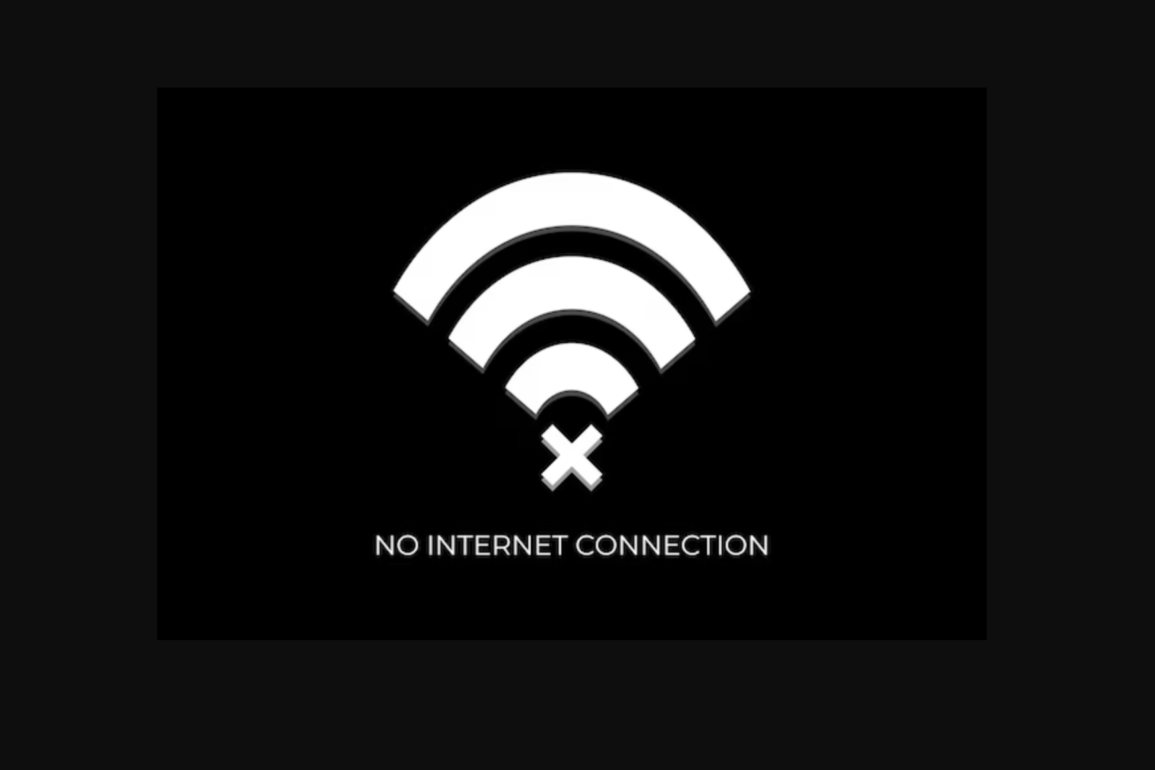The Net Rights Coalition (NRC) has raised serious concerns over Tanzania’s recent blocking of the social media platform X (formerly Twitter) by leading internet service providers.
This restriction, enforced on August 30, is reportedly a response to allegations that opposition parties were planning raids on police stations believed to hold political prisoners.
The NRC is condemning this action, calling it another instance of Tanzania’s disturbing practice of restricting internet access during crucial national events, which threatens fundamental rights to information and freedom of expression.
“We, the Net Rights Coalition (NRC), are appalled by the blocking of the social media application, X, on Tanzania’s main internet service providers, which occurred on August 30, in response to alleged opposition party plans to raid police stations where political prisoners may be held,” NRC said. “This regrettable move is yet another instance of Tanzania’s troubling history of restricting internet access during critical national events, undermining fundamental rights to information and expression.”
Tanzania’s history of digital rights violations
Tanzania has a well-documented history of limiting digital communication during politically sensitive times. In 2020, the government introduced laws that curbed freedom of expression, particularly through Regulation 16(2) of the Electronic and Postal Communications (Online Content) Regulations.
During the 2020 presidential elections, authorities suspended short message services (SMS) and restricted access to major platforms like Twitter, WhatsApp, and Telegram. Reports from the Zaina Foundation noted how these disruptions hindered election day activities, reflecting the government’s tendency to silence dissent.
In 2023, Tanzania further restricted online freedom by banning the use of Virtual Private Networks (VPNs), limiting citizens’ ability to securely access information. This crackdown, alongside the country’s recent internet outages caused by undersea cable faults, has heightened concerns among rights advocates about digital freedoms in Tanzania.
The NRC emphasized that the internet should be used as a tool to empower citizens and uphold human rights, a principle enshrined in international human rights instruments to which Tanzania is a signatory, as well as in the country’s own constitution.
Article 18 of the Tanzanian Constitution guarantees the right to freedom of expression and the right to seek, receive, and share information. Despite these protections, government actions continue to erode these rights, silencing critical voices and suppressing free speech.
“The empowering nature of the internet should never be seen as a threat but as an enabling tool for fundamental rights, as entrenched in the International human rights instruments which the Tanzania government is a party to and most importantly the Tanzanian Constitution, to thrive. Article 18 of Tanzania’s Constitution guarantees every person the right to freedom of expression but also the right to seek, receive and impart information,” NRC remarked.
The coalition reminded the Tanzanian government of its obligations under the International Covenant on Civil and Political Rights (ICCPR) and the African Charter on Human and Peoples’ Rights (ACHPR), which guarantee these fundamental rights. Additionally, Principle 38(2) of the African Commission on Human and Peoples’ Rights Declaration on Freedom of Expression explicitly prohibits states from disrupting internet access or allowing such disruptions to occur.
In the statement also signed by Afroleadership Cameroon, African Internet Rights Alliance (AIRA), Consortium of Ethiopian Human Rights Organizations (CEHRO Ethiopia), Digital Action, Human Rights Journalists Network Nigeria, Kigali Attorneys and Legal Consultants LLP, Knowledge Discovery (KnowledgeHouseAfrica), Media Council of Malawi, Paradigm Initiative, The Colonist Report, The Colonist Report Africa, West African Digital Rights Defenders coalition and Zaina Foundation, the NRC is urging the Tanzanian government and internet service providers to immediately restore access to X.
It also wants internet service providers to disclose any government orders related to internet shutdowns and show a commitment to human rights. NRC is demanding the government to allow VPN use and make end-to-end encryption legally accessible to all, particularly human rights defenders, journalists, and at-risk groups.
African countries have been throttling the internet
Tanzania, whose government has been truncating media freedom since 2015, had an internet blackout which lasted 1,584 hours in 2020 at the cost of over $600 million. But other African countries have also been restricting internet use.
In 2019, a report by Top10VPN indicated that a total of 12 African governments switched off internet services, leading to a combined loss of $2 billion. These were Sudan, Algeria, Chad, DRC, Ethiopia, Zimbabwe, Mauritania, Egypt, Benin, Gabon, Eritrea, and Liberia. Zimbabwe, Togo, Burundi, Chad, Mali, and Guinea also restricted access to the internet or social media applications in 2020.
Nigeria’s X ban from Jun. 5 2021 to Jan. 13, 2022 affected around 104.4 million internet users in the country, and cost the country around $367 million according to Welsh VPN company Top10VPN.
In Ethiopia, a combined total of 3,657 hours were lost and cost the country $100 million, with the first one happening from Jan. 2020 to the end of Jun. 2020 in Western Oromia according to British tech research firm Comparitech.
This issue transcends national borders and is part of a global struggle for the protection of freedom of expression and digital rights. The NRC reiterates that unrestricted access to information is essential for the health of any democracy.




